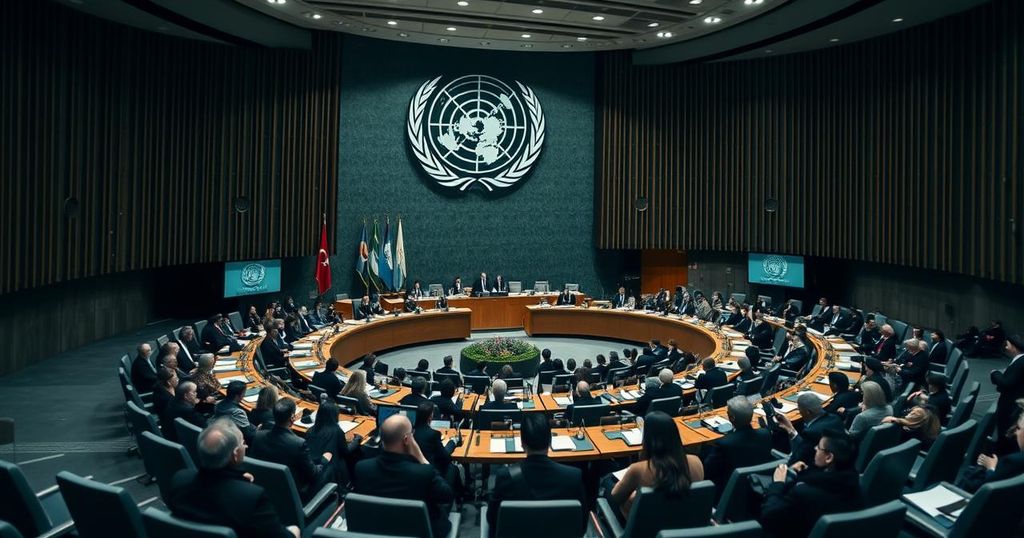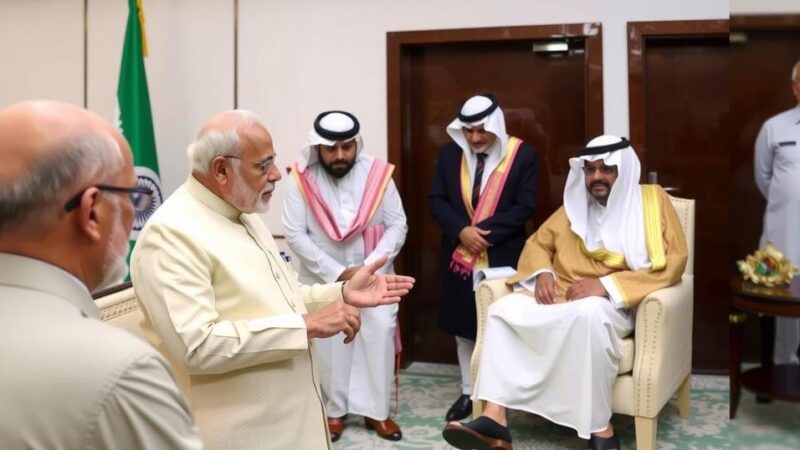The U.N. Climate Change Conference, COP29, will take place in Azerbaijan, a country led by a repressive regime with serious human rights violations. The host country selection process lacks accountability in terms of democracy and human rights, which has allowed oppressive governments to gain legitimacy through international events. Calls for reform in the selection process emphasize the need for hosts with strong environmental and democratic values.
The United Nations selects hosts for its annual climate conferences based on criteria such as infrastructure and climate commitments, but notably excludes considerations of democracy and human rights. This oversight has led to instances of legitimizing oppressive regimes and fossil fuel-dependent states under the guise of climate action. The upcoming U.N. Climate Change Conference, COP29, scheduled to begin on November 11 in Azerbaijan, marks the third successive conference hosted by a dictatorship and the second by a petrostate. Previous conferences were hosted by the United Arab Emirates and Egypt. Azerbaijan’s government, led by President Ilham Aliyev, has a troubling human rights record that remains largely unaddressed by the international community. The recent seizure of the ethnic Armenian enclave of Nagorno-Karabakh has only intensified these concerns, resulting in the incarceration of numerous political prisoners, including prominent Armenian figures and civil society activists. Reports indicate that the number of political prisoners in Azerbaijan has risen dramatically, reflecting state-sponsored repression. As COP29 approaches, various civil society leaders, such as Anar Mammadli, who advocates for election monitoring and climate justice, face serious legal challenges and repressive measures designed to hinder their work. This environment of hostility toward dissent underscores the irony of hosting an international climate conference in a country with such blatantly undemocratic practices. The U.S. lawmakers have expressed their concerns regarding Azerbaijan’s political prisoners and human rights abuses, calling for immediate action against the regime that dismisses their assertions as contemptible. In response to this international outcry, it remains crucial that the United Nations reconsider its hosting criteria to prioritize nations with strong commitments to democracy and human rights, potentially designating a permanent host like Costa Rica that exemplifies these values. Given the pressing nature of climate change and the global need for collective action, it is essential to not only focus on the environmental agenda but also to ensure that the legitimacy granted by hosting such significant events does not bolster regimes that actively suppress dissent and violate human rights.
The U.N. Climate Change Conference, currently recognized as COP29, is a critical annual event where nations gather to discuss and promote strategies to combat climate change. The selection of host countries typically emphasizes infrastructural capacity and financial resources, often ignoring fundamental democratic values and human rights records of the governing regimes. This practice has come under scrutiny, particularly when these governments are implicated in serious human rights violations while simultaneously engaging in significant fossil fuel exploitation.
The upcoming COP29 in Azerbaijan highlights a disconcerting trend of engaging repressive regimes in critical global discussions about climate change while sidelining pressing issues of democracy and human rights. As hosts are selected based on flawed criteria, the legitimacy and moral authority of the United Nations may suffer. Moving forward, it is imperative that the U.N. adopts a more robust framework for selecting host countries that aligns with broader democratic and humanitarian principles, thereby ensuring that the fight against climate change does not become enmeshed with the destructive agendas of oppressive governments.
Original Source: www.washingtonpost.com







